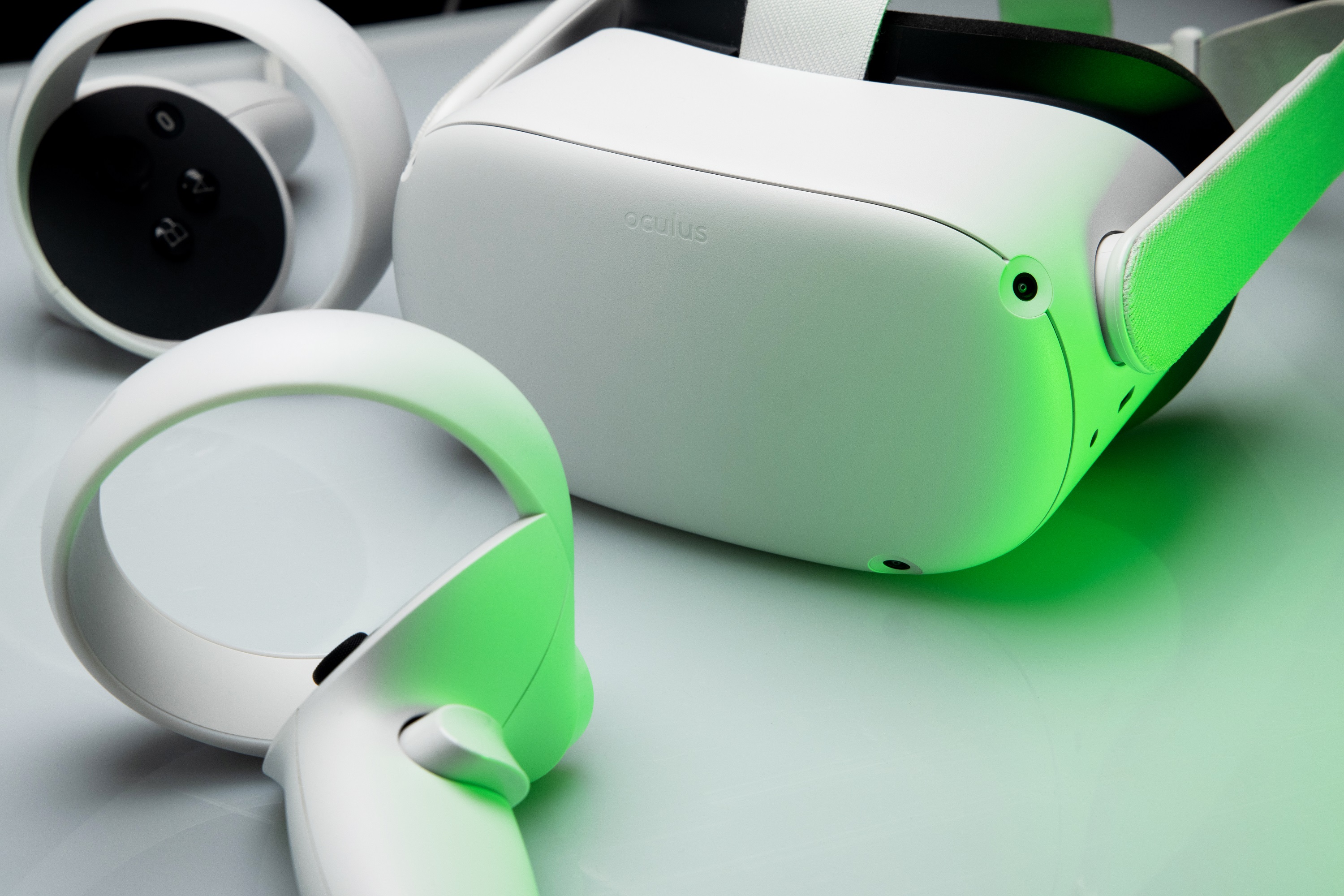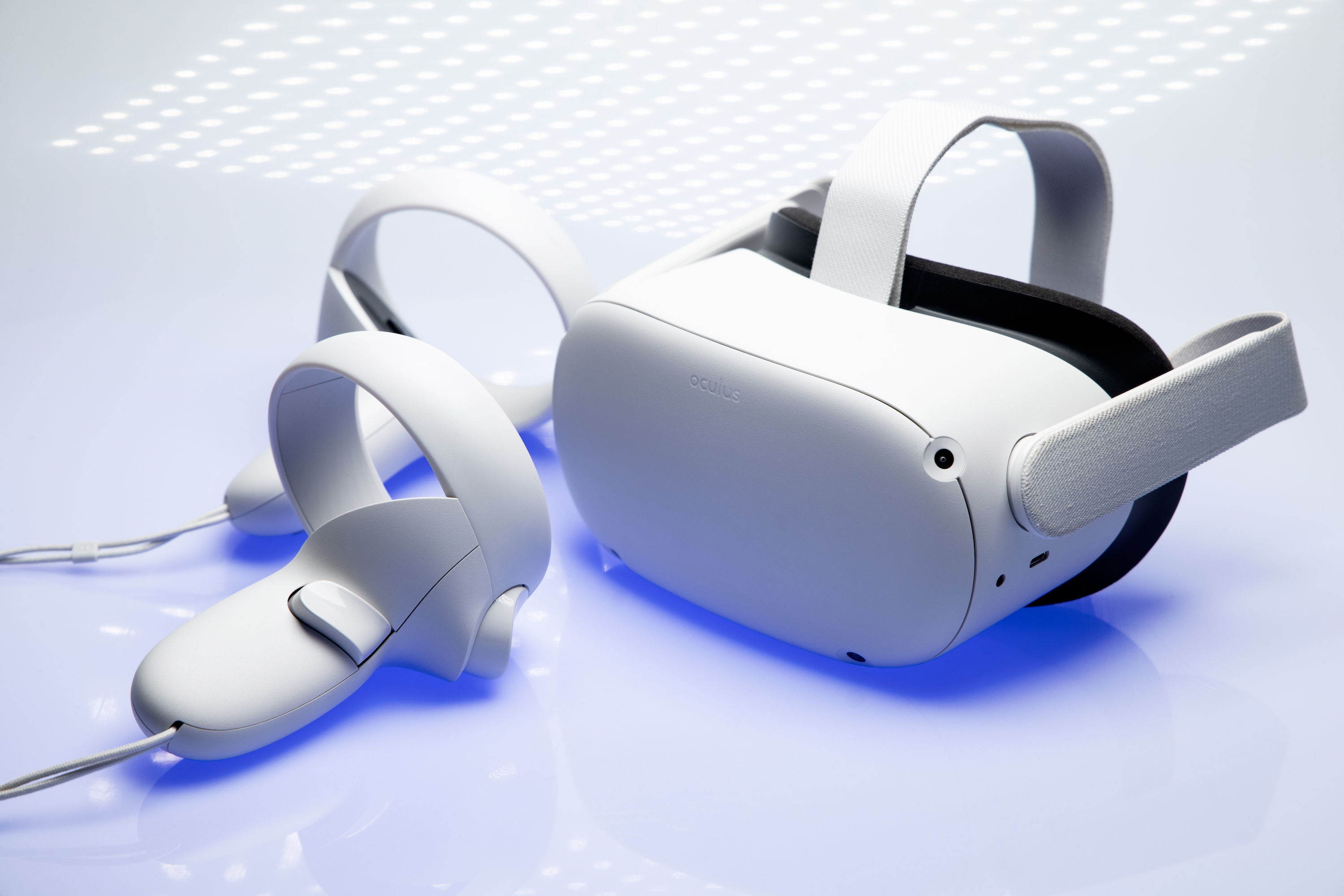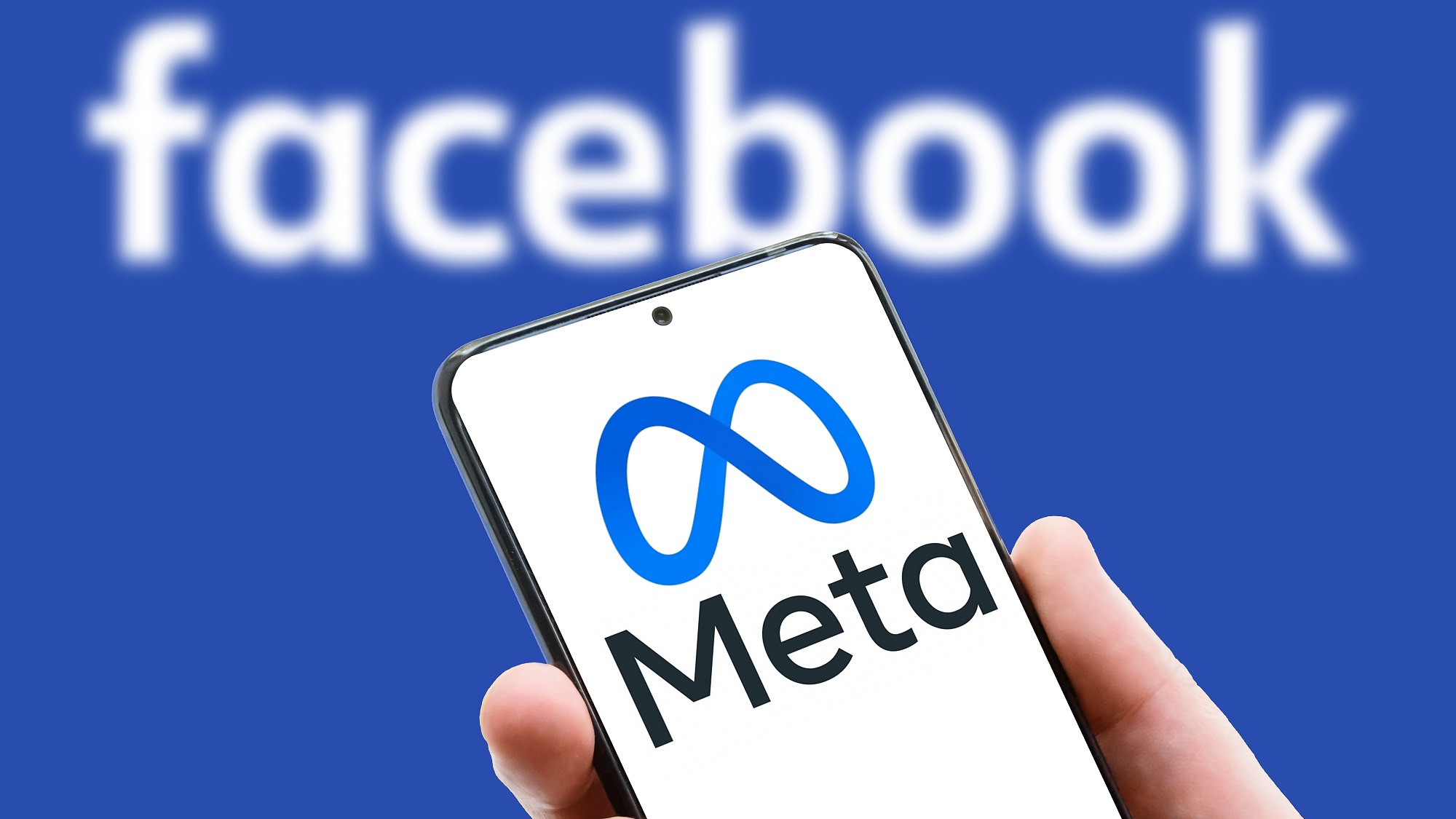Meta Quest 2 price hike is pure greed — and bad for VR
Facebook has no excuse to plead poverty over the Meta Quest 2

Facebook has made some questionable decisions over the years. This is perhaps not shocking, given that the platform started life as a way to “rank” attractive women, without their knowledge or consent. Even so, the company has made some spectacular blunders, from mishandling user data to spreading dangerous misinformation. Today, the company can add a $100 price hike on the Meta Quest 2 to its storied list of failures.
In a shockingly tone-deaf blog post, Facebook, aka Meta, defended its pricey decision:
“The costs to make and ship our products have been on the rise,” the post explains. “By adjusting the price of Quest 2, we can continue to grow our investment in groundbreaking research and new product development that pushes the VR industry to new heights.”
Starting on August 1, the 128 GB model of the Meta Quest 2 VR headset will cost $399 rather than $299, while the 256 GB model will cost $499 rather than $399.
A whole lot of nothing

At a time when customers are struggling to afford food, gas, medicine, childcare, housing and energy, Facebook has decided that it’s high time to jack the price of a luxury good by a staggering 33%. Remember, the Meta Quest 2 you’ll buy in August is absolutely no different than the one you’ve been able to buy since 2020. It doesn’t work any better or offer any new features; it just costs more.
For a limited time, you can get a free copy of Beat Saber — a $30 game — with a Quest 2 purchase, but that hardly offsets the price hike. (Beat Saber is, admittedly, a pretty good game.)
As far as the Tom’s Guide staff can tell, this move is completely unprecedented. Since Nintendo revived the home console market in 1983, we cannot think of a single instance of a manufacturer raising the price of a console without offering some kind of new feature in return. Generally speaking, consoles (including VR headsets) are loss leaders. They’re not terribly profitable on their own, but they open the floodgates for consumers to spend a whole lot of money on associated games, accessories and services.
Get instant access to breaking news, the hottest reviews, great deals and helpful tips.
What’s more, the idea of Facebook pleading poverty over supply chain issues is positively laughable. I have no doubt that costs to produce and ship the Meta Quest 2 have increased, just as Facebook claims. But these problems are not unique to Facebook. We don’t see Sony, Microsoft or Nintendo claiming that they have no choice but to jack console prices. We don’t even see that kind of behavior from boutique console manufacturers, such as Analogue or Hyperkin — companies that don’t have Facebook’s sizable war chest to fall back on.
It's true that hardware manufacturers in other sectors have tried to pass supply chain costs onto consumers. CPUs, GPUs, laptops and cars are all more expensive than they were before, often for the exact same model. But this kind of price increase is something that simply doesn't happen in the home console market, and it's probably not an innovation that gamers were eager to see.
Running the numbers

Let’s take a look at some math. According to Meta’s Q1 2022 earnings report, the company earned approximately $7.5 billion in net income last quarter. Remember, that’s net income; the company’s overall revenue was approximately $28 billion.
So far, Meta has sold approximately 15 million Quest 2s since it debuted in October 2020, under both the Oculus Quest 2 and Meta Quest 2 names. That averages out to 714,286 units per month. Assuming that Facebook actually has to spend an additional $100 cost on each unit shipped — which would be preposterous, but go with it for argument’s sake — the company would have to spend $214,285,800 over the next quarter. That represents about 1/35th of Facebook’s quarterly net income.
To be fair, Facebook's numbers don't look nearly as rosy as the standalone Q1 analysis might suggest. Over the past six months, Meta Platforms' stock price has positively plummeted, from a high of $323 to just over $159 today. Earning more money on VR headsets could help offset this loss, but the plan seems more likely to anger customers than to reassure shareholders.
Still, Facebook could eat the entire Meta Quest 2 cost increase and still walk away with about $7.3 billion. Trying to foist this cost onto consumers is insulting. Claiming that the company is doing so for the greater good of the VR industry is borderline disingenuous.
Monopoly money

In fact, with this $100 price hike, Meta risks becoming a victim of its own success. While VR is still a relatively niche market, it’s become much more accessible in the past few years, and the Meta Quest 2 is almost unilaterally the reason why. Between 2020 and 2021, the VR market grew by 92%, and the Meta Quest 2 fueled about 80% of that growth. The Quest 2 is by far the most prevalent VR headset on the market.
As such, it’s fair to say that the Meta Quest 2 has become a bellwether for VR in general. In that respect, Facebook’s blog post has some merit. The company’s investments could very well shape the future of the whole VR industry. On the other hand, the company’s mistakes could shape it just as profoundly.
At present, VR is as close as it’s ever been to mainstream success. But compared to traditional console and PC gaming, it still has a long way to go. More than 75% of adults have never tried VR. Fewer than 30% of gamers own a VR system, and fewer than 30% of VR headset owners actually use theirs on a daily basis.
If VR is going to become as prevalent as home consoles within the next few years, the single most important factor is whether everyday consumers will want to buy a headset. When one of the wealthiest companies in the world sells the exact same product at a $100 markup, even though it could easily cover the cost, that makes a powerful statement about VR — especially when no other major gaming company has ever pulled the same trick.
Unfortunately, Facebook’s gamble may pay off in the end. Since the company announced the price hike, Meta Quest 2s have been selling out left and right as consumers scramble for the remaining stock. Even if Facebook sells fewer Meta Quest 2s in the future, the company had an absolute bonanza today — and, as with any gaming console, the money will continue to roll in as buyers invest in games and accessories.
The fact that the Meta Quest 2 is a legitimately good piece of hardware further complicates the situation. At present, the Meta Quest 2 is our pick for the best VR headset, due to its standalone functionality and reasonable price. Even after a $100 increase, the Quest 2 will be considerably cheaper than the Valve Index, and within striking distance of the aging PlayStation VR.
However, everyday consumers shouldn't have to foot the bill for one of the biggest tech companies on the planet. We’ve already let Facebook run roughshod over data privacy and security. We don’t have to let it set bad precedents for gaming, too.
Next: The PS5 price hike is part of a worrying trend.

Marshall Honorof was a senior editor for Tom's Guide, overseeing the site's coverage of gaming hardware and software. He comes from a science writing background, having studied paleomammalogy, biological anthropology, and the history of science and technology. After hours, you can find him practicing taekwondo or doing deep dives on classic sci-fi.
 Club Benefits
Club Benefits





